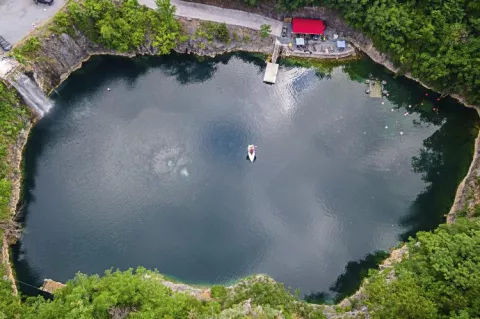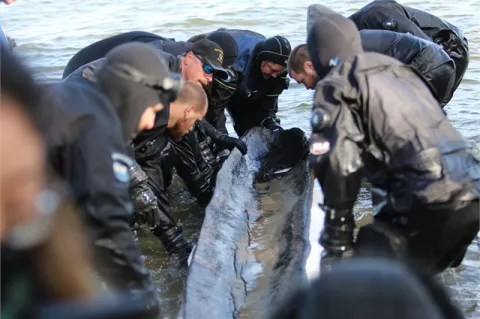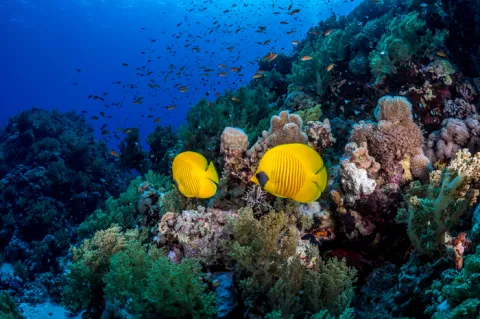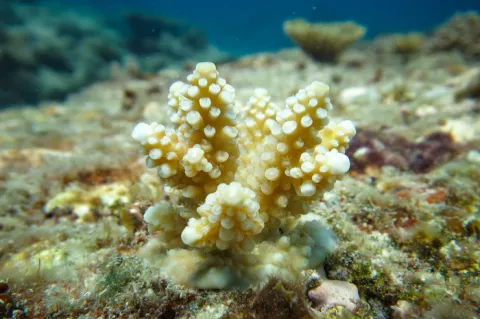Lake of Dreams: The Remaking of Tennessee's Gray Quarry
Avid diver and professor of computing Dr. Phil Pfeiffer gives an account of how the love of diving, persistence, US$100,000, and a homebrew aerator turned an abandoned quarry in the US state of Tennessee into a thriving dive site for a region that lacked one—and had lost prospective divers for want of a site.





